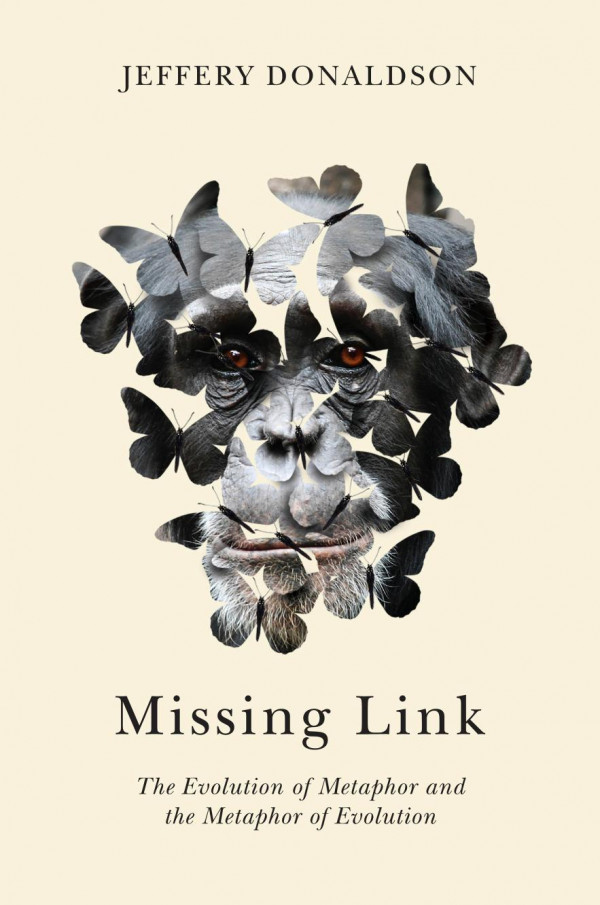

Most ebook files are in PDF format, so you can easily read them using various software such as Foxit Reader or directly on the Google Chrome browser.
Some ebook files are released by publishers in other formats such as .awz, .mobi, .epub, .fb2, etc. You may need to install specific software to read these formats on mobile/PC, such as Calibre.
Please read the tutorial at this link: https://ebookbell.com/faq
We offer FREE conversion to the popular formats you request; however, this may take some time. Therefore, right after payment, please email us, and we will try to provide the service as quickly as possible.
For some exceptional file formats or broken links (if any), please refrain from opening any disputes. Instead, email us first, and we will try to assist within a maximum of 6 hours.
EbookBell Team

4.7
36 reviewsA stunning meeting of the humanities and sciences, perceived in the metaphoric behaviours that pervade both.
We look for missing links in the sciences and humanities, but the essential missing link - metaphor - is always in front of us. In Missing Link, Jeffery Donaldson unites literary criticism and evolutionary and cognitive science to show how metaphor has been with us since the beginning of time as a seed in the nature of things. With examples from centuries of poets, critics, philosophers, and scientists, he details how metaphor is a chemistry, an exchange of energies forming and dissolving, and an openness in the spaces between things. He considers the ways in which DNA learns how to liken things that have been, how mutation makes errors and then tries them on, and how evolution is hypothesis - nature's way of "thinking more." The mind is a matrix of relations: neural synapses cascade into ever-changing pathways and patterns. Metaphor is the substance of things hoped for, the evidence of things not seen. It is the unbroken thread between matter and spirit. Whether offering analysis of a turn of phrase or chemical reaction, Missing Link presents a vision of literature that is also a vision of the cosmos, and vice versa. It enters the debate between evolution and religion, and challenges scientists, literary theorists, and religious advocates to rethink the relations between their disciplines.